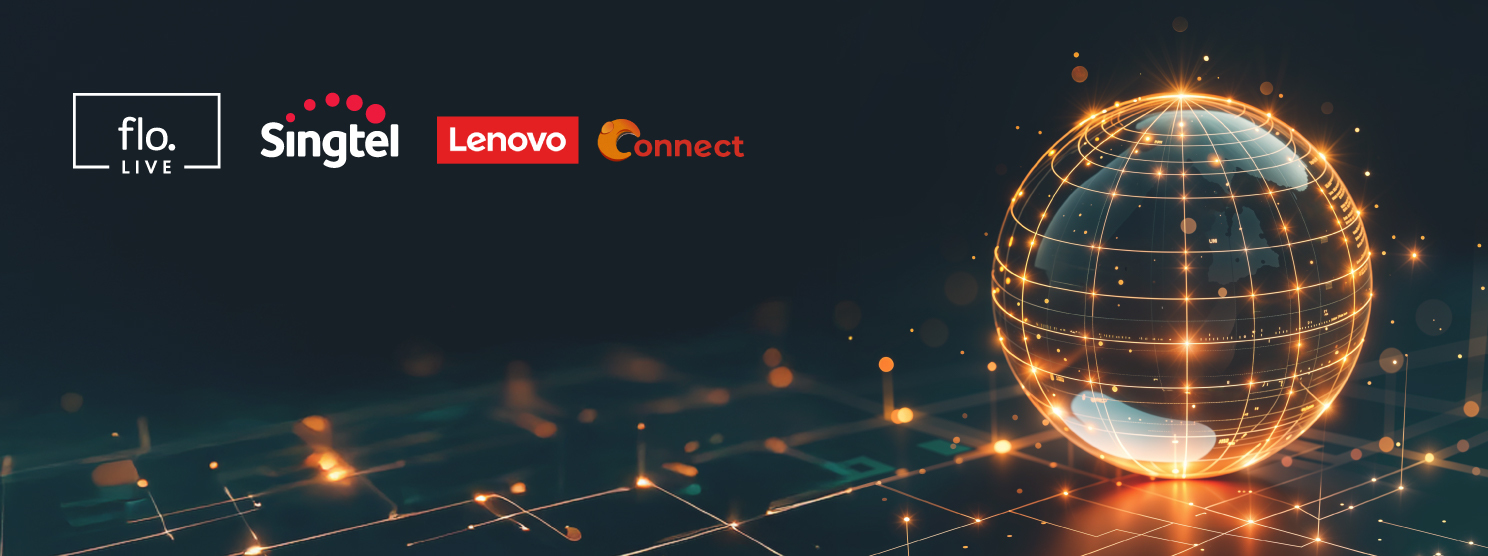Page Contents
How IoT in Logistics is Transforming the Supply Chain

Page Contents
The rapid development of the Internet of Things (IoT) has introduced massive changes to global supply chain management. At the heart of this transformation are the separate but interconnected smart devices that make up the IoT networks employed by global logistics companies.
Analytics & IoT: A Match Made in Data Heaven
While these companies previously relied on manually processing orders, deliveries, scheduling, financing, and other key logistical tasks, IoT has upended these outdated and inefficient manual practices. From smartphone apps and GPS-enabled smart sensors on delivery vehicles and cargo, to the different software that enables these interconnected devices to communicate with one another, the supply chain is getting increasingly streamlined with each new leap in IoT technology.
Every single smart device involved in the global supply chain – whatever its main purpose – also serves as a data collection device. The more IoT devices are involved, the more data can be collected. And the more this data accumulates, the better logistics experts can see the patterns and future movements of the global supply chain. This is how large ecommerce companies like Alibaba and Amazon optimize their warehouse inventories. By running IoT-collected big business data through analytics platforms, these companies are able to predict supply and demand, and also optimize practically every key aspect of their operations. One example is how Amazon Web Services (AWS) has recently partnered with global HVAC and logistics provider Carrier to develop an end-to-end supply chain platform.
Aimed at leveraging the benefits of IoT-enabled data collection and artificial intelligence (AI)-enabled analytics, Lynx combines Carrier’s temperature-controlled cold chain operations with AWS’ IoT capabilities. Customers and clients using Lynx will have direct access to real-time alerts, advanced tracking options, predictive analytics, and automated logistics processes. This enables them to ensure that temperature-controlled cargo is delivered promptly, efficiently, and without incident.
Apart from Carrier’s current clients, this type of system has applications in virtually every large cargo or logistical ecosystem. From food and medicine to custom materials for specialized manufacturing, the optimal handling of sensitive cargo is just the tip of the iceberg. In fact, similar applications of IoT technology can be observed around the world, and have actually helped logistics companies cope with the rapid economic effects of the global pandemic. In the UK, the comprehensive GPS fleet management platform rolled out by fleetmatics giant Verizon Connect has been making the lives of cargo managers much easier. Through Verizon’s GPS and IoT-enabled sensors, mobile onboard computers, and other devices, managers only need to log into the platform to see the location, status, and any maintenance issues of any vehicle or asset. This can streamline the overall work of running and maintaining essential delivery fleets – particularly useful for teams working with pandemic restrictions and a skeleton staff.
Using the same network, the fleet management platform can also be used to optimize scheduling and delivery routes. And as platforms like Lynx and Verizon Connect continue to generate new and unique sets of operational data collected through IoT devices, AI-enabled analytical tools and algorithms will only get better at aiding in complex logistical tasks like scheduling, routing, inventory management, predictive maintenance, and resource optimization. Apart from underscoring the interconnected development of analytics and IoT, these advances also help mitigate supply chain-related pollution and resource consumption.
Greater Sustainability and Reduced TCO Through IoT
One of the greatest benefits of IoT-enabled business data analytics is how it can help logistics companies in not just making the global supply chain more sustainable, but also in reducing the total cost of ownership (TCO). As smart devices enable greater efficiency and agility in a range of operations, the digitization of logistics can lead to less fuel consumption, optimized cargo loads, faster delivery routes, and other improvements that can significantly decrease the logistics industry’s overall TCO and carbon footprint. These IoT improvements simplify and reduce the cost of logistics operations, and offer agility and efficiency. These benefits are even more impactful when combined with other emerging green technologies such as renewable energy sources.
For instance, in an effort to develop a truly sustainable transport vessel, Japanese manufacturing company Nippon Yusen Kabushiki Kaisha has designed its NYK Super Eco Ship 2050 with both electric fuel cells as well as digitized controls and maintenance systems. While the use of fuel cells and lighter hull materials lessens the ship’s main and initial carbon costs, the integration of IoT sensors and switches allows for greater operational efficiency, empowering delivery fleets to produce less waste across shipping operations. Although the eco ship is just a concept vehicle for now, it shows the role of IoT in developing a truly green and sustainable global supply chain. This is particularly crucial today, as the public outcry for greener global systems continues to get louder. In response, more and more logistics companies are scrambling to make their own operations less costly, more efficient, and more sustainable through the use of these emerging technologies.
Companies need IoT service providers for logistics and supply chain transformation to gain real-time visibility, minimize delays, and meet the demands of modern commerce.
The Future of IoT Logistics is Global
IoT is a global business, with devices usually manufactured in one country and then sent to another, before being put to work in transportation industries that include tracking, logistics, and many other mobile use cases. Fully leveraging the benefits of IoT therefore relies on true global connectivity. The use of cellular networks for IoT-enabled logistics has become increasingly popular, especially with IoT-specific technology like NB-IoT and CAT-M, and of course, 5G. However, the global potential of such devices is ultimately hampered by international mobile data roaming restrictions, high infrastructure costs, and granular compliance requirements when it comes to data privacy and control.
Enterprises will attempt to side-step these challenges with multi-operator relationships in different locations, but these open their own issues, such as high costs, performance and QoS risks, compliance limits, and logistical brick walls. floLIVE works around these barriers by providing a complete and truly global system for handling IoT device connectivity. Using local breakouts we offer connectivity to 180 countries across the globe, enabling worldwide IoT connectivity without the roaming restrictions, high costs, compliance headaches, and operational complexity of managing multiple MNO relationships.
The global supply chain will no doubt continue to be transformed by IoT. The only question is, where will you be when the train leaves the station?
Reach out to floLIVE for a no-risk consultation on your specific business context.
Join Our Newsletter
Get the latest tips and insights in our monthly newsletter.









